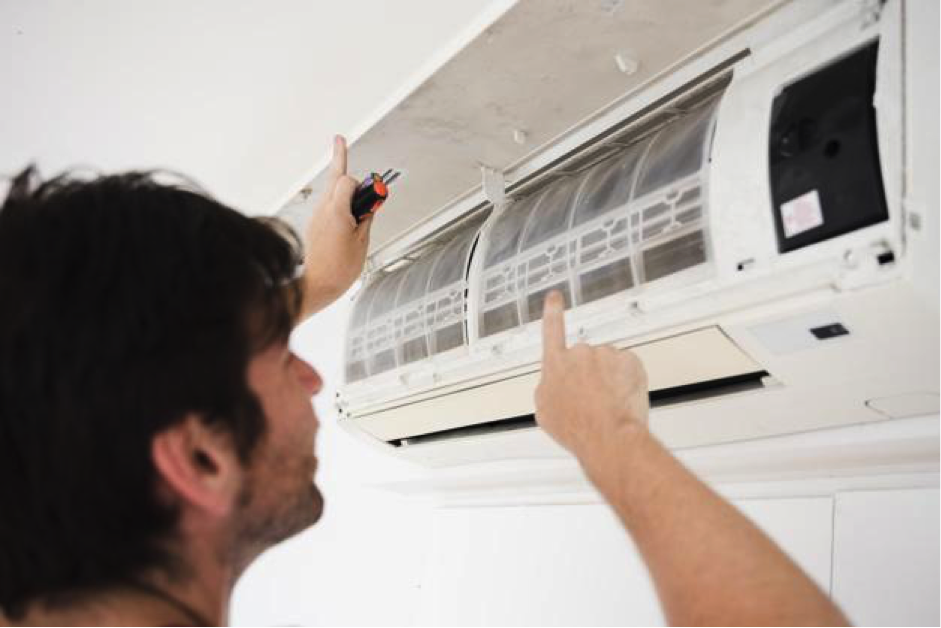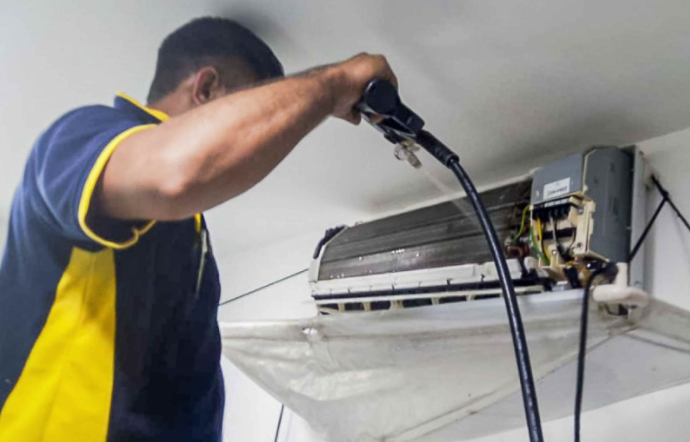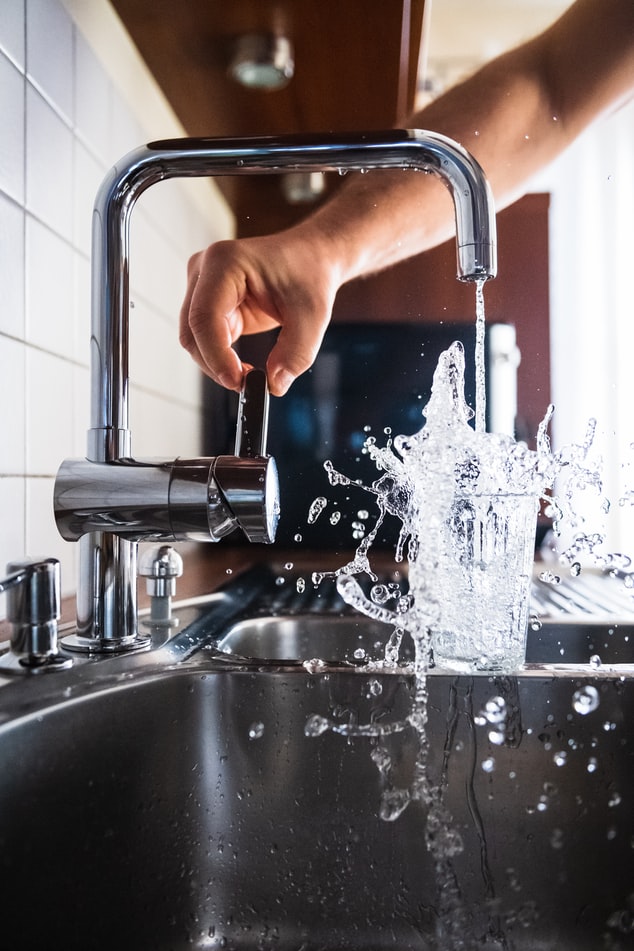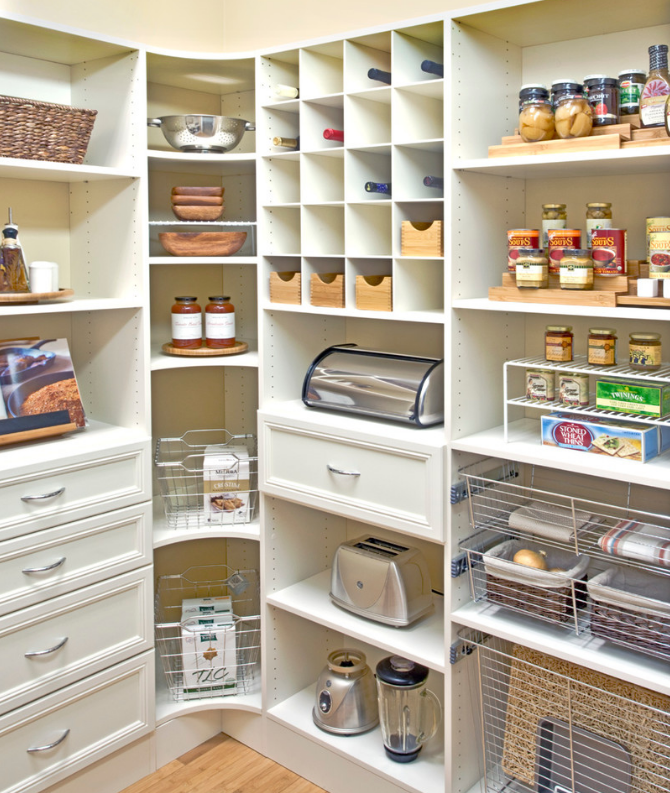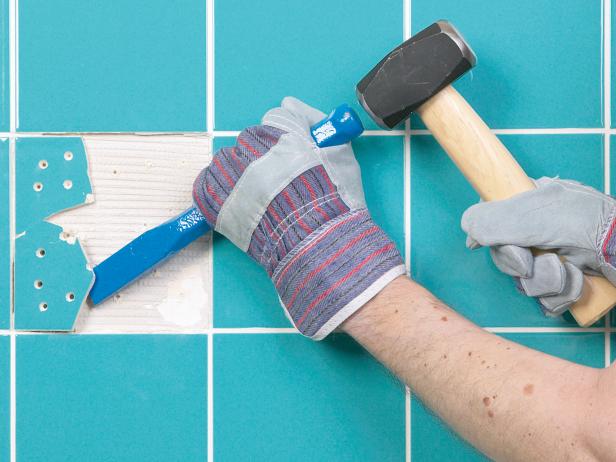Common Reasons Your AC Unit Is Blowing Warm Air
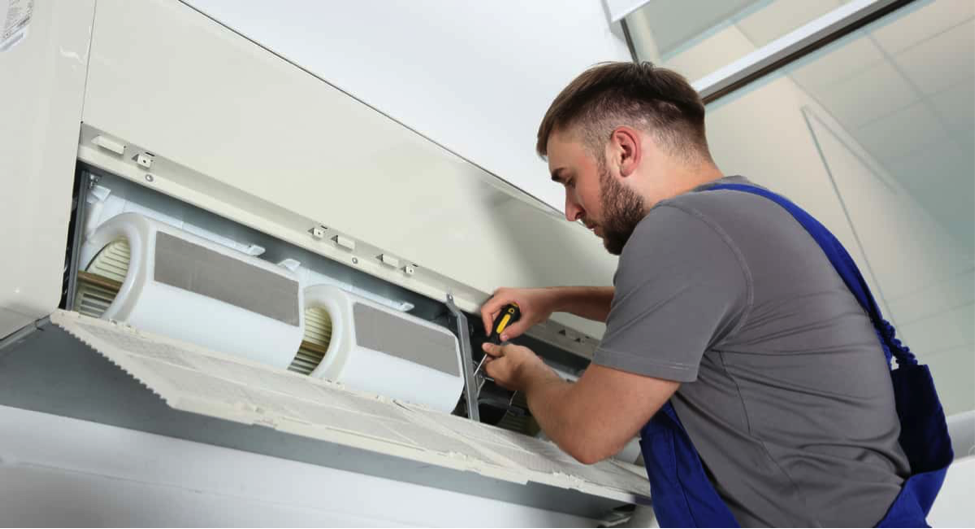
Is your AC blowing warm air? This could be the cause!
People’s dependency on air conditioning has increased as temperatures continue to climb. However, having AC problems during summertime is something you don’t want to undergo. Imagine coming home from work in the scorching summer heat to find out your AC has let you down. Even though AC blowing warm air is not such an uncommon problem, it is still quite alarming. Once this happens, make sure you fix it immediately before it becomes an even bigger issue.
If you want to prevent such setbacks from happening, you should monitor and regularly clean your AC unit to avoid issues. Read on to learn some of the common reasons your AC unit is blowing warm air and how to fix it.
Dirty Air Filters
Having dirty air filters is one of the most common reasons why your AC is not cooling properly. Clogged air filters can cause many problems in your unit and they can even interfere with how your thermostat works. Check your filter to see whether it is dirty and unclean due to dust. If this is the reason, it means the passage of cool and warm air inside the ducts is blocked. This can lead to frozen evaporator coils, which will result in your AC blowing warm air.
Replacing your AC filter regularly is very important, so make sure you clean and replace them at least every 3 months or as needed. You can also hire maintenance services to get the job done on time and to your satisfaction. Consider using Cocoon Home Services if you’re looking for an affordable monthly plan and easy access to their services. They offer home care reminders, online troubleshooting, and home health reports, which contribute to simplifying your life by making it easy for you to care for your home.
Low Refrigerant
A refrigerant is a fluid that absorbs heat and humidity from the air, which is important for maintaining your unit’s best performance. If your air conditioner is not cooling, the reason may be a refrigerant leak. This means that your AC will gradually become low on its cooling agent, and as a result, the remaining refrigerant fluid may not be enough to cool your room.
Keep in mind that fixing this is not a simple task, and can be a health and safety hazard so you must fix it immediately. Call an HVAC technician once you suspect a refrigerant leak. Some of the telltale signs of a leaking refrigerant are bubbling or hissing noises and a buildup of ice on the outside unit.
Dirty and Frozen Condenser Coils
Your AC’s condenser coils remove heat from the room when air from the blower fan moves over it. If there’s moisture on the coils, they may be more prone to getting dirty because dust particles stick to them. A dirty evaporator coil may cause more wear and tear on your AC unit and can reduce its lifespan. You can clean the outdoor unit regularly to give your condenser enough room to breathe by removing debris and weeds, and also hose it down to remove caked-up dirt.
Since ACs have a condensate drain to remove the moisture from the system, when too much water collects on the evaporator coil, it can freeze. A frozen condenser coil prevents heat transfer, which can lead to your AC blowing warm air. If you notice any frost or ice on your coils once you open the indoor access panel, let them thaw.
Fan Problems
There are a few reasons why the fans in your AC unit won’t work properly including faulty motor, lack of lubrication, or worn belts, as well as dirt and debris. If the fan fails to work as it should, it will facilitate poor airflow. This can lead to your AC blowing warm air, and if neglected, the problems may result in compressor failure.
Check to see whether the fan motor has to be replaced or it simply needs a good cleaning. Some fan problems may be due to wiring issues. Turn off the power and manually remove any dust you may see. If the problem is not resolved after cleaning, make sure you call a professional that specializes in AC repair and have it checked.
Final Thoughts
Many more reasons can be the cause for your AC acting up including incorrectly calibrated thermostat, lack of electricity to the outside unit, clogged drainpipe, or leaking ducts. Note that it pays to know the usual causes of AC problems so you know how to fix them. However, if you don’t want to experiment by checking yourself, don’t hesitate to call a professional home service to solve the issue.


